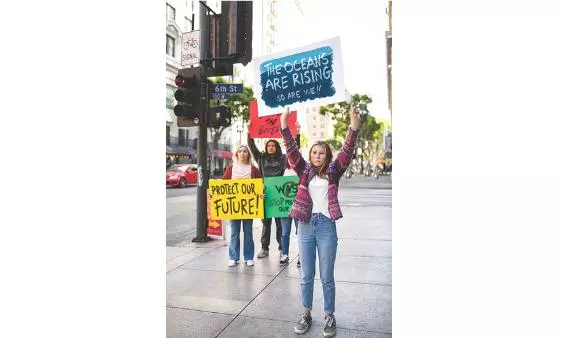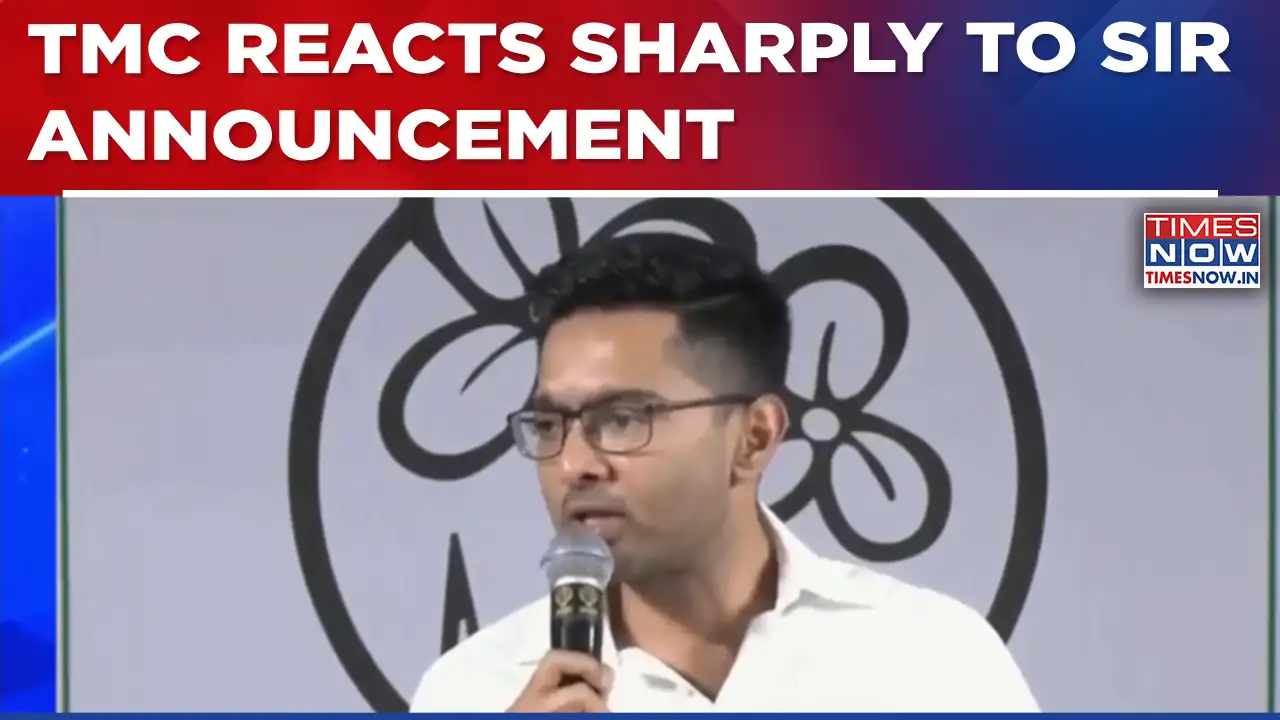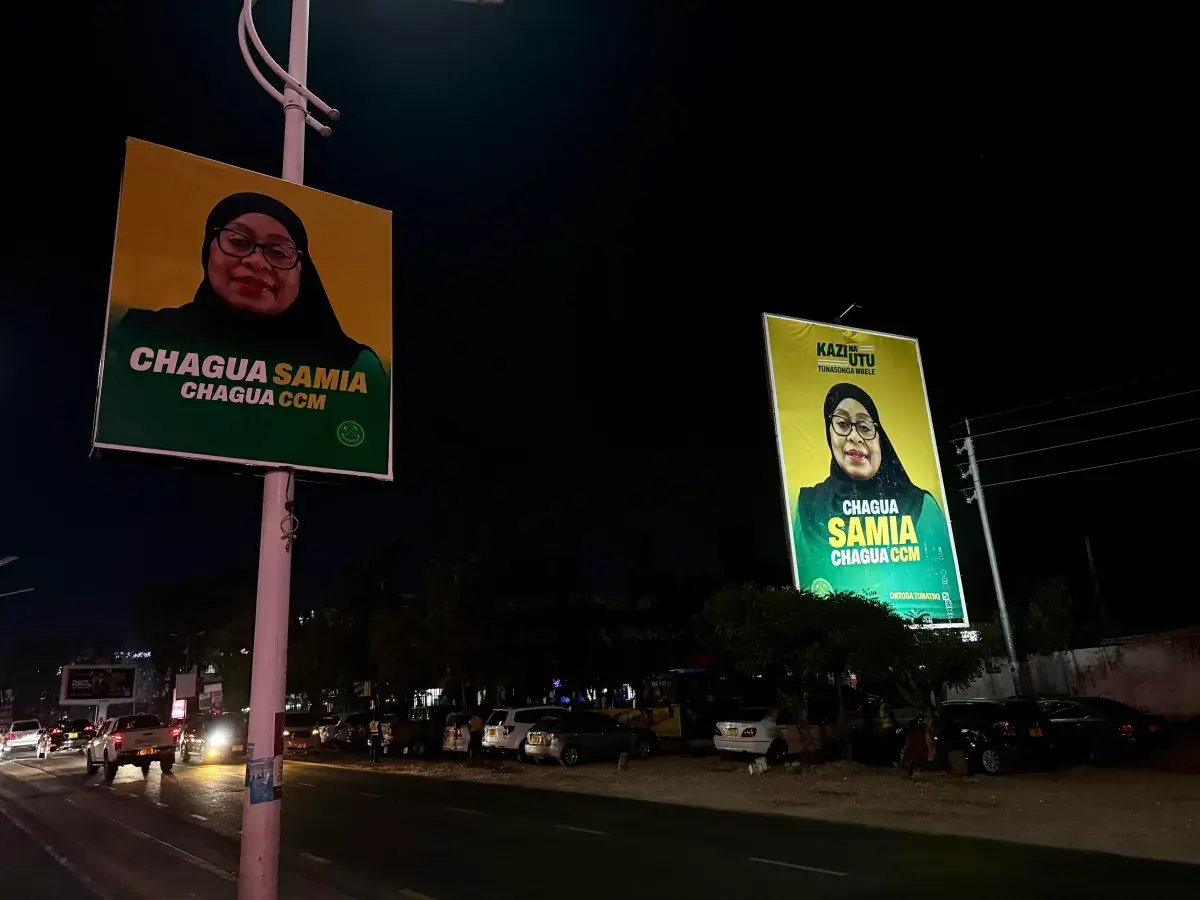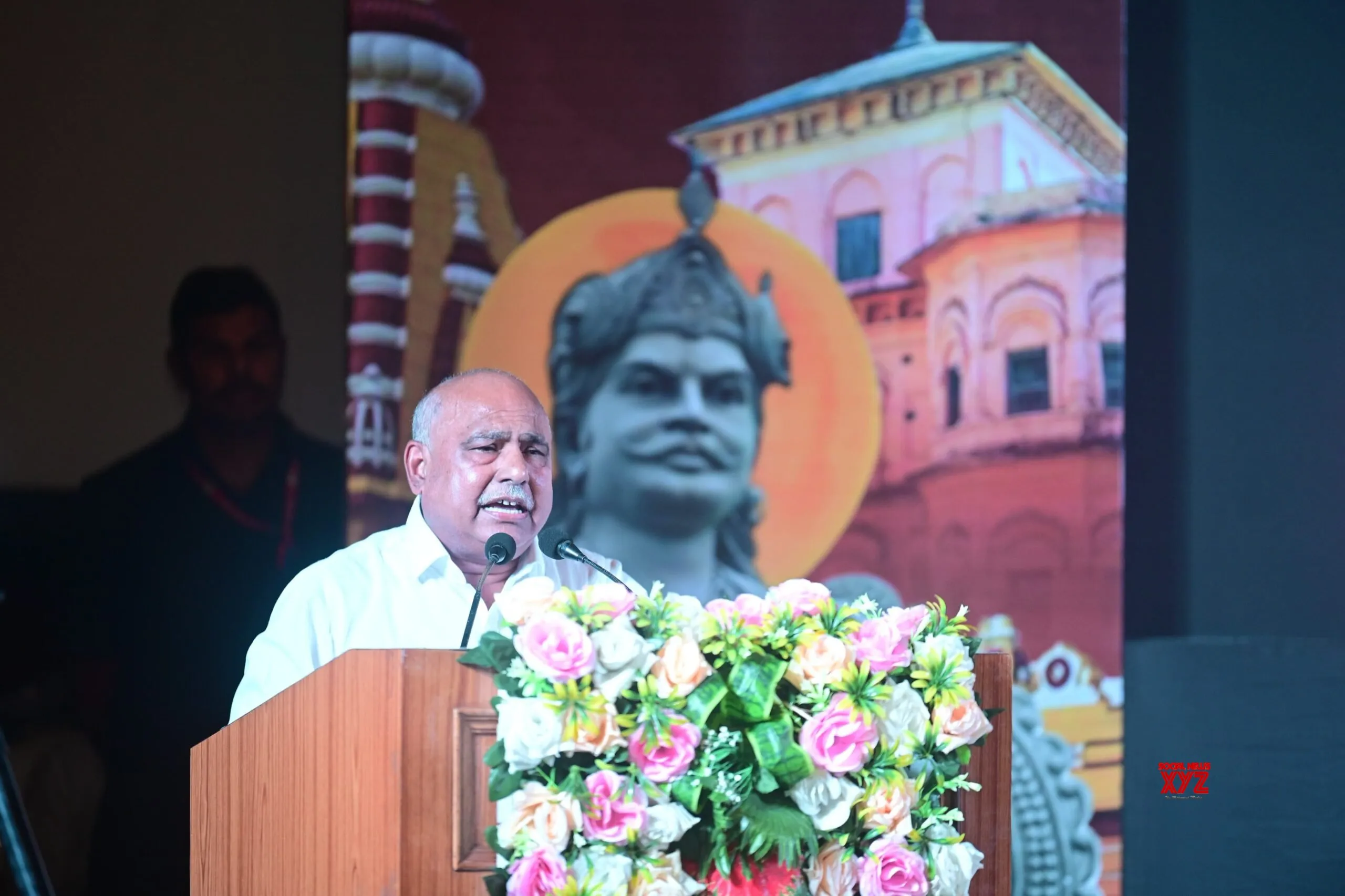Copyright deccanchronicle

In a time when polarization dominates conversations and information travels faster than truth, claiming to be “apolitical” has become an increasingly popular escape route. Many people, fatigued by constant news cycles and social media outrage, choose to disengage altogether. Yet, this silence — often mistaken for neutrality — carries its own consequences. In a world facing deep social, political, and environmental fractures, being apolitical is not merely a personal choice; it’s an act of privilege.Remaining uninvolved or ‘apolitical’ might seem harmless, but it is a luxury only available to those who are not directly affected by the crises shaping the nation and the planet. Whether it’s the erosion of democratic values, widening inequality, or the climate emergency, silence has a side — and it often favours the powerful. Myth of Neutrality Neutrality, in many cases, is an illusion. When a person refuses to take a stand on issues that harm others, their inaction tacitly supports the status quo. Silence does not stop injustice; it sustains it. For those living on the margins — women facing violence, minorities fighting discrimination, or farmers struggling with environmental degradation — neutrality from the privileged majority becomes another form of oppression. Dr. Meera Nandakumar, a sociologist, explains, “The idea of being apolitical usually comes from a place of comfort. People who are shielded from systemic inequality can afford to tune out. But for millions in India and across the world, politics isn’t an option — it’s survival.” Her words underscore a growing sentiment among academics and activists: disengagement perpetuates inequality. The very act of “not choosing sides” in moments of crisis often means siding with the structures that caused those crises in the first place. Spectacle of Indifference Ironically, the digital age — meant to connect and empower — has normalized performative apathy. Online spaces are flooded with curated neutrality, where users avoid controversial topics for fear of backlash or “political fatigue.” Many express support through hashtags or temporary profile pictures but withdraw when real accountability or activism is required. While social media has amplified voices of protest, it has also allowed many to believe that a passive like or share replaces meaningful engagement. This digital detachment reflects a deeper cultural shift — from empathy to endurance. People watch events unfold as though they are spectators rather than participants in shaping the future. Silence & Complicity In societies grappling with misinformation, discrimination, and environmental decline, silence is no longer an innocent act. Choosing not to speak up against injustice indirectly strengthens it. Every policy of exclusion, every instance of violence, every act of censorship thrives on the quiet compliance of the majority. History repeatedly shows that silence is the most reliable ally of oppression. From colonial rule to contemporary social divides, it has been the quiet acceptance of wrongs that has allowed them to persist. When people decide that certain issues are “too political” or “too divisive” to discuss, they create the very vacuum in which authoritarianism and injustice thrive. Political analyst and educator Arjun Deshpande points out, “Democracy depends on participation. The moment we treat politics as something dirty or inconvenient, we hand over power to those who will misuse it. Silence doesn’t protect you — it isolates you.” Moral Responsibility Being politically aware does not mean aligning blindly with any ideology. It means questioning power, demanding accountability, and standing up for basic human values — justice, equality, and dignity. Engagement can take many forms: voting, protesting, volunteering, educating oneself, or simply refusing to ignore discrimination when it happens around us. For young Indians in particular, political participation is not just about casting a ballot every five years. It’s about shaping the conversations that decide their futures — from climate policy and education to gender rights and internet freedom. Remaining apolitical, therefore, is a silent endorsement of policies and systems that may work against one’s own principles. It is a privilege not everyone can afford, and it comes at a collective cost. A Call To Conscience As the world stands at multiple crossroads — social, ecological, and moral — silence has become a form of complicity we can no longer justify. To be apolitical in times of injustice is to concede power to those who exploit it. Engagement does not require aggression or extremism. It begins with awareness, empathy, and the courage to speak — even when it is uncomfortable. The privilege of neutrality must give way to the responsibility of participation. In the end, silence may protect our peace, but only for a moment. Speaking up, however difficult, protects our humanity — for generations to come. SPEAK UP! ...



